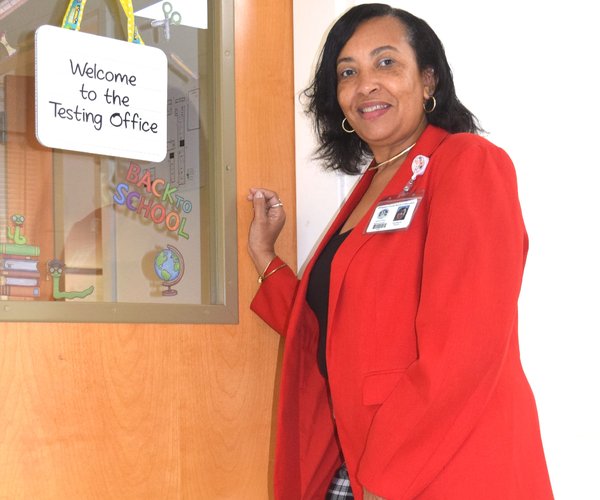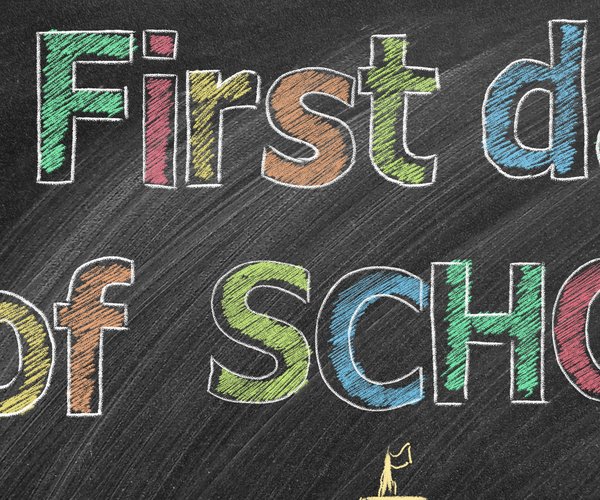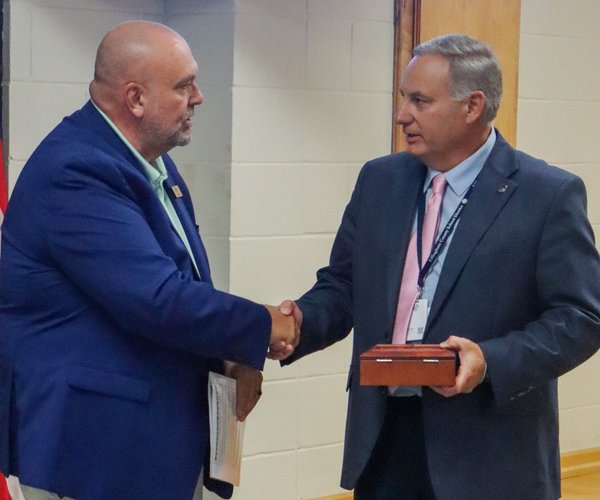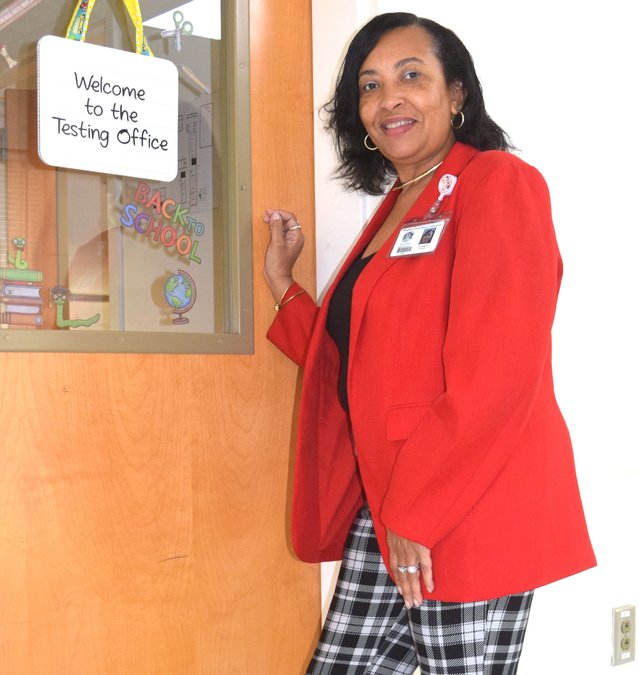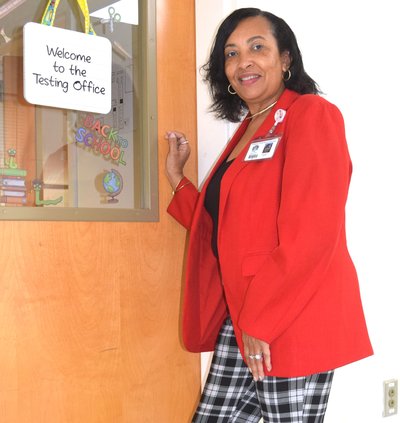• Financial Aid Night Feb. 9 at ECHS
• College Goals Night Feb. 28 at ECHS
• Counselors for ECHS and SEHS: www.effinghamschools.com, choose ECHS from drop down menu, select “Counselors” under the tab “Our School.”
• Scholarship search engines: www.schoolsoup.com and www.fastweb.com.
• Understanding and filing FAFSA: www.fafsa.com or www.fafsa.ed.gov.
• HOPE Scholarship and HOPE Grant:
www.gacollege411.org.
A year ago, a high school student’s biggest concern may have been finding a prom date. But now many students’ priorities are shifting toward their futures and finances as the recession becomes top-of-mind.
“I’ve been cutting out more coupons, definitely, and not shopping as much,” said Jasmine Nethels, 18, a senior at Effingham County High School and class president.
“Senior year is expensive,” she said.
ECHS Principal Yancy Ford then pointed out that class ring sales have been down this year relative to the past.
“I imagine it having to do with the economy,” he said.
Emily Woods, 16, a junior at ECHS, baby-sits regularly to pay for things such as gas, movies and clothes. But when something else comes up, Woods said she is hesitant.
“I feel bad now asking my parents for money,” she said.
Woods said that she used to spend the weekends going to the movies or shopping with friends — but with gas being a major part of her budget, she’s been renting movies instead.
Nethels and her mother, ECHS Assistant Principal Sandra Nethels, save gas by riding to school together rather than driving separately.
Nethels has been dog sitting for extra cash, but said that on weekends, she stays low key.
“We do cheap things, because we know we’re broke,” said Nethels, laughing with Woods.
Nethels and Woods can both spout off the date of their prom this year without thinking, and Woods has been researching beach houses on Tybee, an ECHS post-prom tradition.
“I already checked and it’s during the off-season, so beach houses are cheaper,” said Woods, beaming with anticipation for the evening. “But I bet you’ll see less limos, more people will drive their own cars and more people staying at home though.”
For college, Woods said that she plans to go to Georgia Southern, like her brother.
“I’m trying to work on keeping my grades up so I can keep HOPE,” said Woods.
Nethels was recently accepted to Spelman College in Atlanta.
“I thought about Georgia State and UGA, but I felt like it was the one that really fit me,” she said.
Spelman, a historically black private women’s college, costs about $21,000 a year in tuition and student fees alone. If Nethels decides to live on campus, she will pay another $10,000 before she buys her first textbook.
With encouragement from her mom and school, Nethels is on the prowl for scholarships.
“I’m applying to anything I can get, “ she said. “I even filled out my FAFSA early because the earlier you do it the more money you get.”
The faculty and staff at ECHS have been dynamic in helping students feel comfortable at school, graduate and go to college.
“I think the uniform policy has helped alleviate some of the pressure of having to stretch a family’s economics to fit in,” said ECHS counselor Lue Healy.
She said that the uniforms make it harder to spot students whose families are struggling and those who aren’t.
At the beginning of this school year, all ECHS students began meeting with advisors in groups of 14-16 students two mornings a week for about 20 minutes as part of a new program called C2G.
“Commitment to Graduate,” Nethels and ECHS Principal Yancy Ford said in unison.
Commitment to Graduate, or C2G, lets students ask questions and learn what they need to do to finish high school and go to college.
“If anything, the economy has encouraged students to go to college,” said Healy. “But I think there is more desperation in ‘how am I going to do this next step.’”
With materials from the counselor’s office and other national publications, C2G covers good study habits, debunks HOPE Scholarship and HOPE Grant myths and teaches how to maneuver through filing a Free Application for Federal Student Aid, or FAFSA.
“We’ve gotten a lot of local money and people have been very generous, but not enough to support 300 students going to college,” said Healy. “While scholarships are good, the financial aid that students receive from the federal and state governments by filing FAFSA makes more of a contribution to most students’ educations than scholarship monies.”
ECHS has also hosted a College Night where a representative from the Georgia Student Finance Commission told parents and students about financial aid and answered questions.
“I think there’s more interest in how to pay (for college) because parents can’t afford it now,” said Tara Lamb, another counselor at ECHS. “Students are taking more initiative.”
ECHS counselors send e-mails with scholarship information to parents, students and BOE members who sign up. These scholarships are also posted in the lunchroom, mentioned in the morning announcements and posted on the school’s Web site.
But Jasmine Nethels said she has friends who aren’t going to college because of the money. Many students don’t think about grades until they’re seniors and they need HOPE or some other scholarships.
“I know a lot of my friends are capable of going to college, but they can’t afford it. It’s a lot of money and they don’t want to get loans that they can’t pay back,” said Nethels.
Healy said the counselors try to emphasize that very few people finish college without loans, but that students can’t get loans and then drop out of college without the education to help pay off the loans.
“Bankruptcy doesn’t get rid of it,” Healy said. “But colleges have really stepped up to the plate.”
If a student whose parents make less than $68,000 a year is admitted to Harvard University, that student’s education is free. Similarly, at Georgia Tech, if a student is admitted and their parents make less than $30,000 a year, their education is free.
“Some students that have good grades are not focused on the future and college because they are worrying about where their next meal comes from,” said Ford. “Some students are leaving school and working until midnight just to keep the lights on. They’re worried about things adults worry about.”
Ford said he noticed more students applying for free and reduced lunch and more working to support their families.
“I think I had a larger number feeling compelled to help their family. We’ve been trying to keep them from dropping out of school and (from) not getting their education, said Lamb.
“That’s the difference. How can we get them to college if they can’t get out of high school?”
These students go to school during the day and work until midnight, which has an effect of their grades. Healy said she points out to students that they are losing more money by losing HOPE eligibility than they are gaining by trying to work and finish high school.
ECHS and SEHS offer work-based programs that help employed students get their high school diplomas.
“We have really continued to push students to work hard and to not have one plan,” said Ford.


